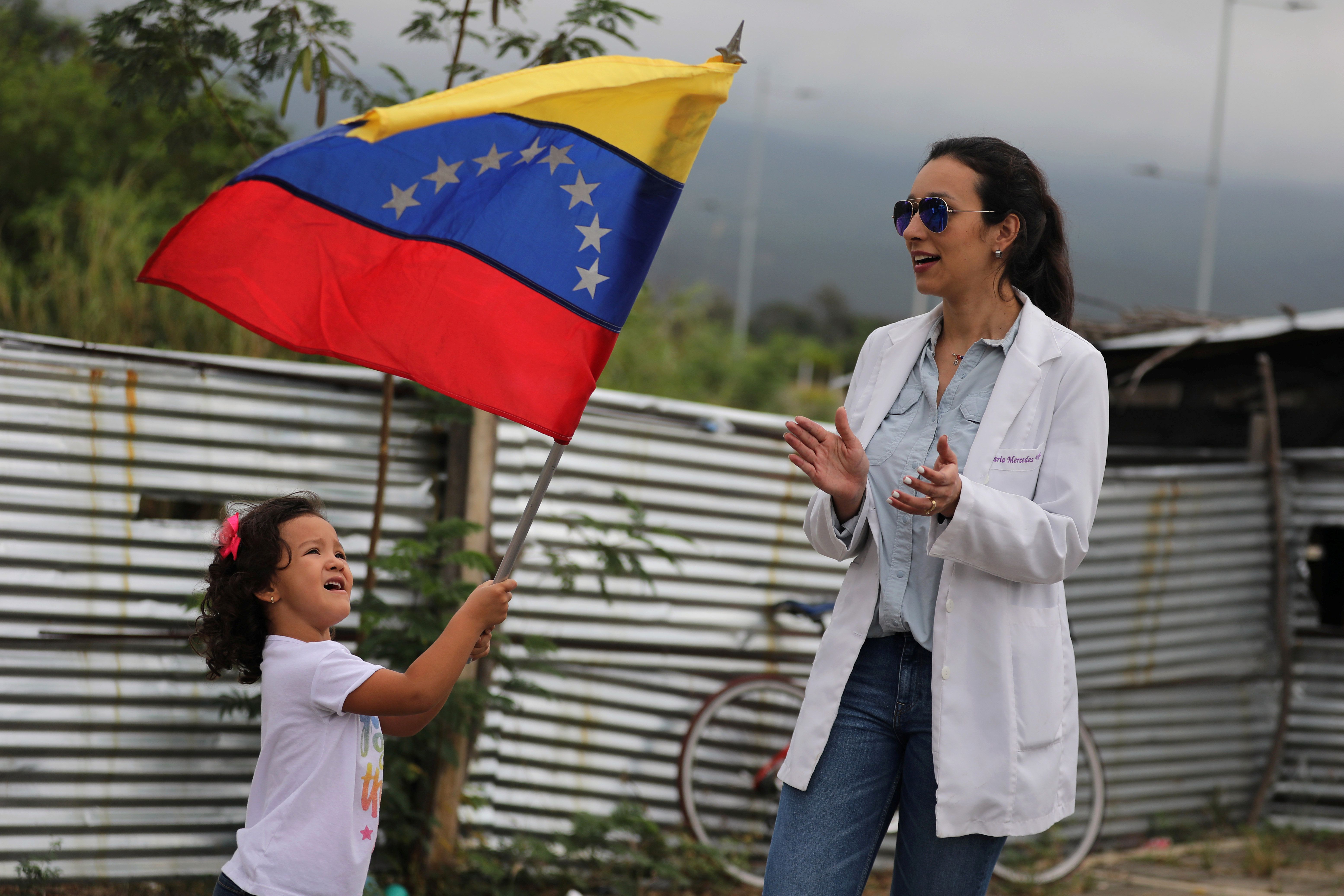February 12, 2019
Venezuela is one of the most broken countries on Earth today. At the moment, two men claim to be president, and millions of people have fled amid one of the largest peacetime economic collapses in history.
So here's a question: assuming that the political crisis could be resolved – a big assumption, but work with us – what would it take to put the economy of Venezuela, once Latin America's wealthiest, back together again?
Here's Gabe with a look at three big issues that would immediately need to be addressed:
Stemming hyperinflation: Venezuela's inflation rate is expected to reach 10 million percent by the end of the year. The Venezuelan bolivar is now worth less than the paper it's printed on because of the government's ill-advised policy of printing money to stave off economic collapse. Since no one wants to produce goods for worthless money – let alone goods subject to price controls – the result has been widespread scarcity and mass hunger that's seen the average Venezuelan lose 24 pounds in recent years. The most immediate task will be to address this devastating currency collapse.
Humanitarian relief: Venezuela is in dire need of aid beyond just food. The country's healthcare system has essentially imploded. Around 13,000 doctors have fled in the past four years, and there's currently an 85 percent shortage of medicines. AIDS-related deaths have tripled in recent years, according tothe FT. Diseases thought to be all but eradicated – like yellow fever, diphtheria, and tuberculosis – are resurgent. The US has sent food and humanitarian aid to Venezuela via Colombia, but it's currently being blocked by the Maduro regime.
Rebooting the economy: Rebuilding Venezuela's economy more broadly will cost an estimated $60 - 80 billion over several years, according to Harvard economist Ricardo Hausmann. The first task for any new government would be to stabilize oil production, a crucial source of government revenue that has fallen to historic lows. It would then face the thorny task of settling massive debts with foreign investors and governments, estimated to total around $140 billion. Lastly, the government needs to woo back the many talented workers who are among the 3 million people who've fled the country since 2015.
The bottom line: Plenty of countries have confronted economic collapses, humanitarian catastrophes, or political crises. But Venezuela is one of the few to face all three of these challenges at once, making recovery that much more difficult.
More For You
A photograph posted by U.S. President Donald Trump on his Truth Social account shows him sitting next to CIA Director John Ratcliffe as they watch the U.S. military operation in Venezuela from Trump's Mar a Lago resort, in Palm Beach, Florida, U.S., January 3, 2026.
@realDonaldTrump/Handout via REUTERS
Most Popular
- YouTube
In this "ask ian," Ian Bremmer analyzes Trump’s recent meeting with Zelensky and how close (or far) Russia and Ukraine are from a peace deal.
Syrian President Ahmed al-Sharaa attends the military parade of the Syrian army in Umayyad Square in central Damascus to mark the one-year anniversary of the fall of the Assad regime, on Dec. 8, 2025.
Mohammed Al-Rifai/dpa via Reuters Connect
A year ago this month, Syria’s brutal dictatorship collapsed. There are signs of recovery, but sectarian violence threatens to undermine the optimism.
© 2025 GZERO Media. All Rights Reserved | A Eurasia Group media company.
